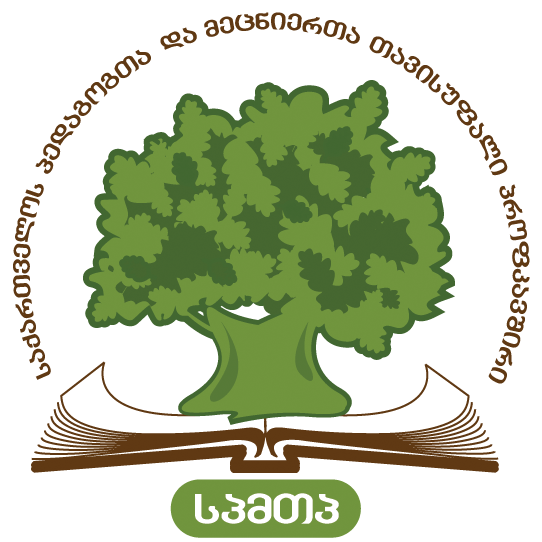
The meeting of the donnor organisations’ members interested in the development of the civil society, organised by the Foundation of the Civil Society in Development (CISU) and the National Trade Union of the upper secondary school teachers of Denmark (GL) was held in Copenhagen.
The representatives of the ESFTUG and member-teachers of the Danish trade union took part in the meeting.
GL representative , Sine Hansen, presented the information about the appropriateness of the implementation of the solidarity project in Georgia. He introduced the audience the main trends of the cooperation with the ESFTUG and the importance of the sharing of the western experiences.
Sine Hansen spoke about the details of why GL selected ESFTUG as a partner and how they see the extension perspectives of the solidarity project. CISU's representatives made a presentation about the subsequent visions of the Fund. The meeting was being held in the discussion and question-answer mode.
The ESFTUG executive vice-president, Mariam Alugishvili talked about the ESFTUG goals and challenges and about the role and activities of the civil society in Georgia. She briefly introduced the audience the important events of the Georgia history: the stages of maintaining the national identity and struggle for the independence. “After the collapse of the Soviet Union, inspite of overcoming many difficulties, Georgia became an independent country and uniquely chose the European integration and democratic development course.
Since 1992, Georgia became the 179-th member country of the UN, since 1999 Georgia is the member of the Council of Europe, in June 2014, the Georgia–EU Association Agreement was sighnd. Our country strives for entrying in EU and NATO, which is unacceptable for the northern neighbor-Russia, which uses every method to return our country under its influence. To achieve this goal, Russia does not avoid any kind of provocation, that was demonstrated in the 1990s in the war in Abkhazia, South Ossetia, the war in August 2008 and the occupied territories. However, democracy development process in the country is irreversible “-announced Mari Alugishvili.
Mari Alugishvili talked about the main challenges of the civil society: “From the obtaining of the Georgi independence to the present time, in such a small period, like 25 years, to create the democratic, free-thinking society is a very complicated process and is accompanied by many difficulties. We are deeply convinced that it is necessary to educate the free-thinking generation on the democracy based principles. This is the purpose of the project started with the Danish trade union, as well as the following cooperation.“
The ESFTUG Vise-President spoke about the ESFTUG’s 100-year and the latest historical facts. She introduced the main challenges, needs and achievements of the ESFTUG, the repressions carried out in 2010-2012 against the union and the results of current social dialogue with the Ministry of Education and Science of Georgia which improved the conditions of the employees in the educational system.
Mari alugishvili noted that the creation of the civil society is one of the country's major challenges. However, it sould be mentioned , that the state gives favorable environment for non-governmental organizations to participate in the direction of the policy development and decision making process. The civil society with its function is divided intothe organizations working on the human rights and governance issues. The iInternational donor organizations, mainly the European Union Delegation in Georgia and the U.S. Embassy, put their financial and political contribution for the non-governmental organizations.
The representatives of ESFTUG accented those needs, wich are necessary for the development of the union, such as: conducting the intensive training seminars for the raising civil awareness, to give the employees the dialogue mechanisms and culture outputs, to be able to actively engage in the school management process, and in the review process of the basic documents prepared by the Ministry of Education. The ESFTUG believes that it should be conducted the activities for the students to raise their civil awarenes as well as with the teachers.
The students' involvement in school management, their activities in school self-government bodies has been already started and is regulated by the law. The ESFTUG has developed a special program for the ethnic minority representatives.
From the Dutch partners and the Foundation of Civil Society in Development it was openly outlined their support to Georgia and their readiness of fullfilling the democratic process supporting measures in the country.


